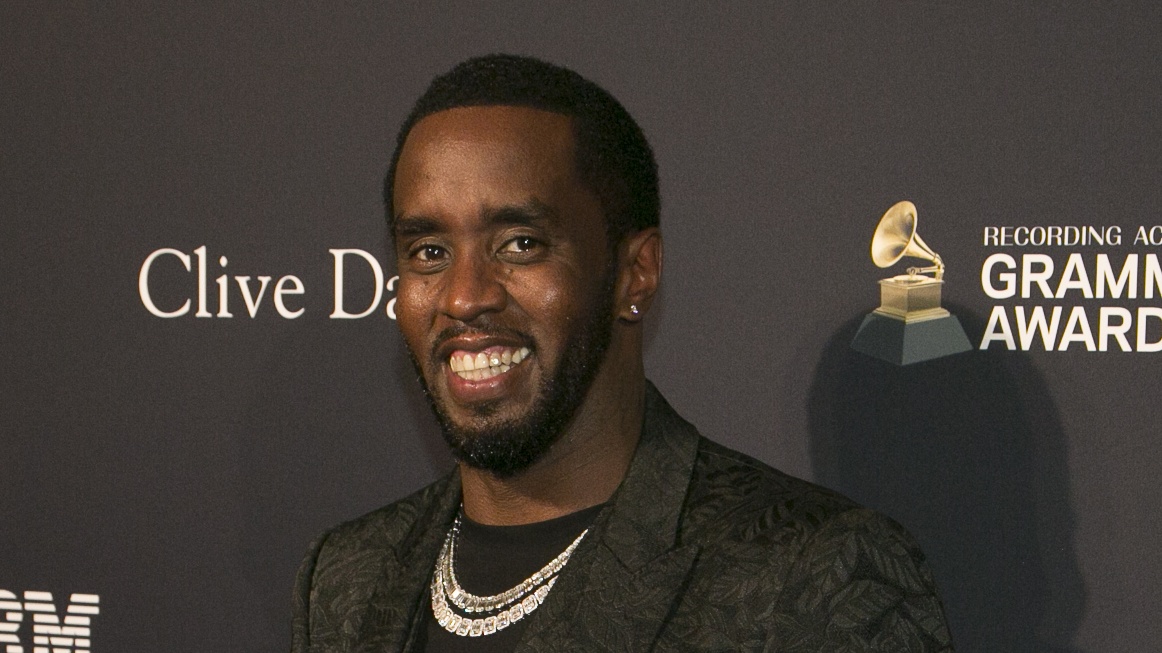Sean "Diddy" Combs has launched a new venture to help small businesses impacted by the coronavirus.
According to a press release sent to Blavity, Our Fair Share is "a platform built to help minority entrepreneurs and small businesses access much-needed capital amid the economic devastation brought by COVID-19."
Our Fair Share said the first round of funds from the Paycheck Protection Program (PPP), which is part of the $2 trillion stimulus package the U.S. Congress approved to combat the pandemic, didn't go to those who needed it most.
Our Fair Share aims to educate minority business owners about the government program and create ties between them and Small Business Association lenders.
“COVID-19 is devastating our communities and without access to stimulus funding we risk losing critical businesses that create jobs and help build opportunities and wealth in our communities,” Diddy said.
He added that the goal is "to help entrepreneurs play on an even playing field and give them a chance to survive with the hope to thrive.”
The hip-hop artist has partnered with several lending partners and financial institutions such as the National Bankers Association to help minority business owners get their "fair share."
"Our Fair Share is designed to help ensure diverse small businesses, independent contractors and nonprofits to understand that they are eligible and how to apply for PPP," the press release stated. "This provides clear information about the requirements for a successful application. The applications are connected to approved PPP lenders."
The platform will be "dedicated to getting funding into the hands of the entrepreneurs that need it and will evolve to meet the needs of the minority small business community."
“It is inspiring to see a cultural icon like Sean Combs partnering with minority banks and others to ensure economic opportunity for minorities in this program,” said Kenneth Kelly, chairman of the National Bankers Association.
A study from The Brookings Institute showed a history of "economic shocks" such as the coronavirus having a major financial impact on the Black community, as Blavity previously reported. After the Great Recession more than 10 years ago, only 49% of Black-owned businesses survived the following years, compared to 60% of white-owned businesses that were able to stay afloat during the stretch, the study revealed.
White families have 10 times the amount of wealth as the average Black family, making it more difficult for Black businesses to withstand economic shocks, Brookings explained. Due to negative perceptions of Black neighborhoods, businesses in Black-majority neighborhoods lost $4 billion in revenue last year, the report added.
Diddy said, “minority businesses have always struggled to access the capital they need to thrive."
"Now is the time to show commitment to the communities being hit the hardest by the COVID-19 pandemic," he said. "I look forward to working with the institutions that want to help.”
HBCUs are facing many challenges managing coronavirus responses and need your support. Donate to the UNCF fund today to help students impacted by the pandemic.
